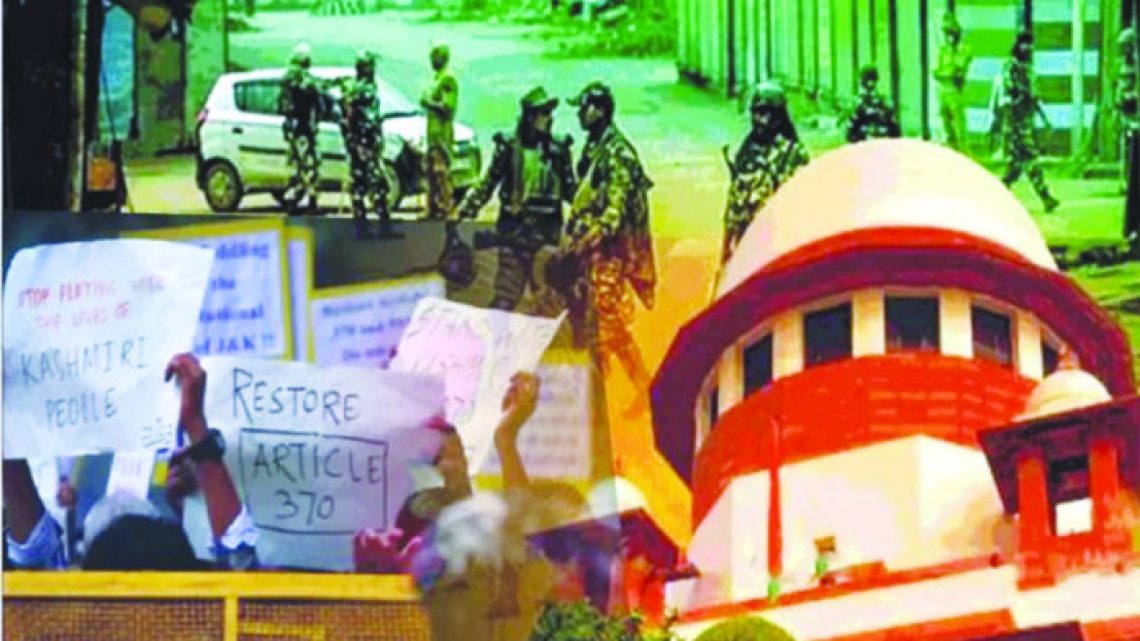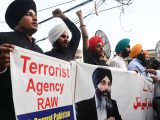
Article 370: Bollywood Attempts to Justify Indian Illegalities in Kashmir
February 9, 2024In a move that has stirred controversy and raised eyebrows, the Indian film industry, commonly known as Bollywood, is set to release a movie titled “Art 370.” The film aims to shed light on the events surrounding the revocation of Article 370 on August 5, 2019, a decision that significantly altered the constitutional status of the region of Jammu and Kashmir. Critics argue that this cinematic venture is nothing short of propaganda, attempting to justify the Indian government’s actions while perpetuating specific and distorted narratives about Kashmir and its people.
On August 5, 2019, the Government of India, under Narendra Modi, took a historic step by abrogating Article 370 and 35A of the Indian Constitution. This move revoked the special autonomy granted to the region of Jammu and Kashmir, which had long been a contentious issue between India and Pakistan. The decision was met with mixed reactions both domestically and internationally, with some applauding it as a bold move towards national integration and others criticizing it as a violation of democratic principles.
The upcoming Bollywood film, “Article 370,” has sparked controversy for being labelled as a propaganda piece, allegedly aimed at justifying the government’s actions. Critics argue that the film may present a one-sided view of the events, portraying them in a manner that aligns with the narrative favored by the ruling authorities. The concern is that such cinematic endeavors might further polarize public opinion rather than fostering a nuanced understanding of the complex issues at hand.
One of the primary criticisms directed at Bollywood, in general, is its alleged tendency to perpetuate stereotypes and present a skewed portrayal of certain communities and regions. In the case of “Article 370,” there is apprehension that the film may contribute to the creation of specific and distorted images of Kashmir and Kashmiris. Critics argue that the film could potentially oversimplify the region’s history, culture, and the aspirations of its people, thereby reinforcing existing biases and misconceptions.
Cinema has long been recognized as a powerful medium capable of shaping public opinion and influencing societal perspectives. With “Article 370,” the debate over the responsibility of filmmakers to present a balanced and nuanced view becomes even more pertinent. Filmmakers have the artistic freedom to interpret events, but they also bear a social responsibility to ensure that their narratives do not contribute to the spread of misinformation or reinforce divisive ideologies. As “Article 370” prepares for its release, the controversy surrounding the film underscores the broader issue of the intersection between cinema, politics, and public perception. While the Indian film industry has the right to explore and interpret historical events, it is crucial for filmmakers to approach such sensitive subjects with a sense of responsibility. The impact of cinema on public opinion is undeniable, and in this case, it remains to be seen how “Article 370” will contribute to the ongoing discourse surrounding the revocation of Article 370 and its implications for the people of Jammu and Kashmir

